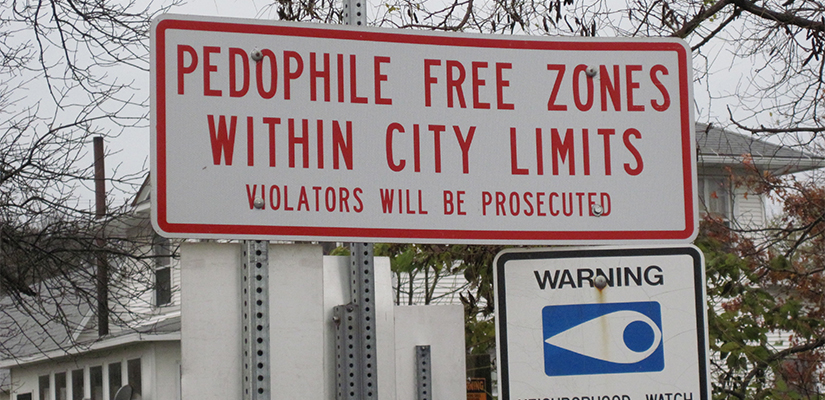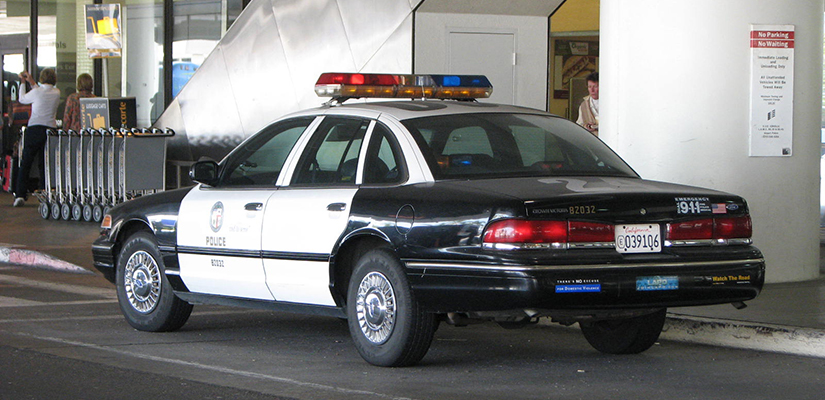Newsweek reported recently on the case of Eliot Spitzer, the disgraced former governor of the State of New York who resigned after his alleged dalliance with a prostitute in a Washington, DC hotel became public. So who brought the governor down? It would seem Osama bin Laden. What??
How, exactly, does one link the downfall of a New York State governor because of his purported tryst with a call girl to a terror mastermind?
Well, according to the Newsweek article, after the coordinated terrorist attacks perpetrated by bin Laden and his al Qaeda cohorts in New York City, Washington, DC, and Shanksville, Pennsylvania on September 11, 2001, Congress replied by enacting the Uniting and Strengthening America by Providing Appropriate Tools Required to Intercept and Obstruct Terrorism Act of 2001 (aka the “USA Patriot Act” or, simply the “Patriot Act”). The Act, in part, was designed to detect terrorist money laundering activity, and the US Treasury Department enacted regulations in order to help it to enforce the Patriot Act, including, specifically, the requirement that banks monitor their customers’ transactions and report suspicious activity to the US Treasury Department – known as Suspicious Activity Reports or “SAR.”
This regulation resulted in an explosion of SAR – SAR ballooned from just over 200,000 reports in 2001 to almost 1.25 million reports in 2007. The vast majority of these SAR have nothing at all to do with terrorism or al Qaeda, but instead involve routine white-collar crime activity. SAR are kept in a computer in Detroit, Michigan and the records are made available to prosecutors and other law enforcement investigators, who regularly scour these SAR for potential leads, and this, according to Newsweek, is where former Governor Spitzer comes in.
Apparently, last summer, then Governor Spitzer asked his bank to transfer money in another person’s name and not reveal that the money was coming from Spitzer. The bank, following the law, filed a SAR.
The SAR was not evidence that Spitzer had committed any crime, but, the odd nature of the transaction made the feds curious enough to follow the money, which they did – right back to the international call girl ring that Spitzer was allegedly patronizing.



